And if you haven't already guessed, the principal city of the island is also named Corfu.
So, what makes this island so special and worth visiting? Here are a few reasons...
According to historical sources, the earliest reference to Corfu is the Mycenaean Greek word ko-ro-ku-ra-i-jo ("man from Kerkyra") written in Linear B syllabic script, c. 1300 BC.
According to Strabo, the Greek geographer, philosopher, and historian who lived in Asia Minor during the transitional period of the Roman Republic into the Roman Empire, the ancient city of Corcyra on Corfu was actually the mythical island of "Scheria" written about by Homer with its earliest inhabitants, according to his works, being the Phaeacians - believed to be a reference to the earliest inhabitants on the island of Corfu.
Homer as you may know is the legendary author of the Iliad and the Odyssey, two epic poems that are the central works of ancient Greek literature.
The island of Corfu reflects a great deal of Venetian influence. From 1386 to 1797, Corfu was ruled by Venetian nobility and the result can be seen in the city's urban architecture which differs from that of other major Greek cities, with its small, ancient side streets, multi-storied buildings on narrow lanes and and the old buildings' trademark arches.
Perhaps The Old Town of Corfu is the best example of Venetian influence and is one of the UNESCO World Heritage Sites in Greece.
Culturally speaking, the Venetian period saw the erection of the first opera house (Nobile Teatro di San Giacomo di Corfù) in Greece and the local Greek language assimilating a large number of Italian and Venetian words, many of which are still common today. Hebrew-Italian in a Venetian or Apulian dialect also developed with some Greek words as many Italian Jews took refuge in Corfu.
Religiously, the four centuries under Venetian rule resulted in a 5% Catholic minority living harmoniously with the Greek Orthodox community, with The Cathedral of St. James and St. Christopher in Corfu City being the see of the Roman Catholic Archdiocese of Corfu, Zakynthos and Cephalonia.
The island of Corfu remains unique to the rest of Greece in that it was able to thwart off all takeover attempts by the Ottoman Empire. From 1401 until 1797, the city came under attack by Ottoman naval and land forces numerous times, but the strength of the city defenses prevailed time after time.
The effectiveness of the powerful Venetian fortifications as well as the strength of some old Byzantine castles in Angelokastro, Kassiopi Castle, Gardiki and elsewhere, were additional factors that enabled Corfu to remain free. While the rest of Greece was under the Ottoman Empire, Corfu was under Venetian rule from the mid 15th until the 18th century.
Corfu is home to Ionian University, the origin of which was the Ionian Academy, the first university of the modern Greek state.
The Ionian Academy was an institution that maintained the tradition of Greek education while the rest of Greece was still under Ottoman rule. Established by the French during their administration of the island from June 1797 to March 1799, The Ionian Academy became a university during the British administration in 1824.
It had Philological, Law, and Medical Schools and is considered the precursor of the Ionian University.

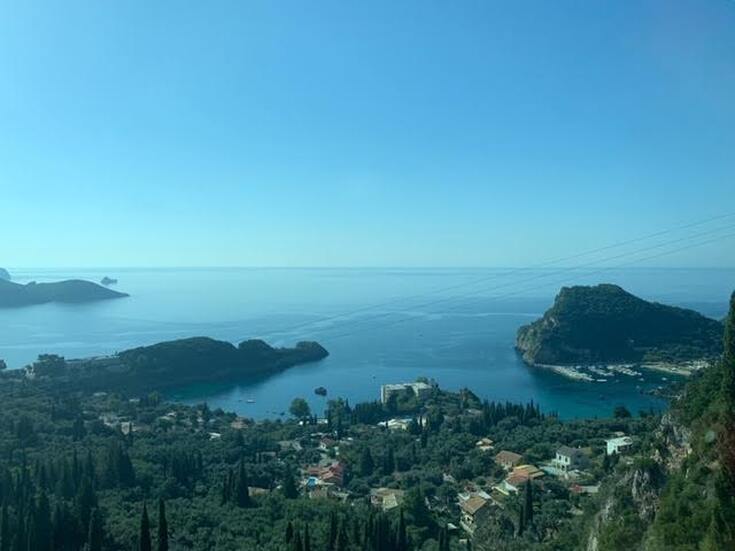
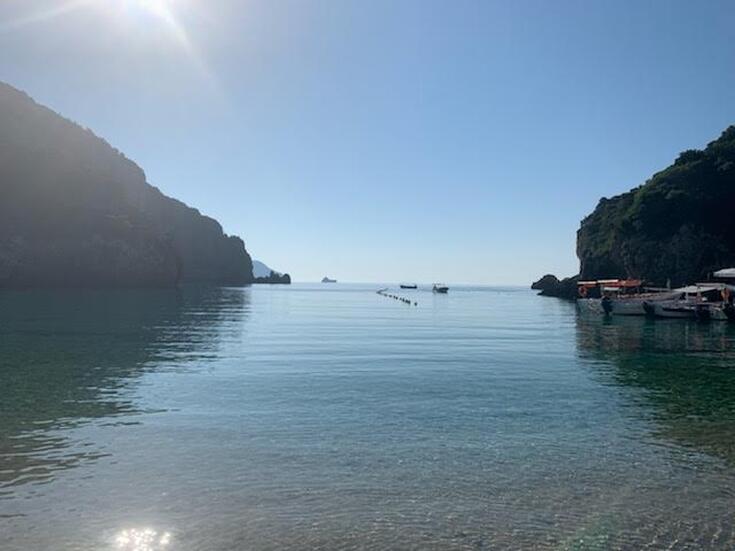
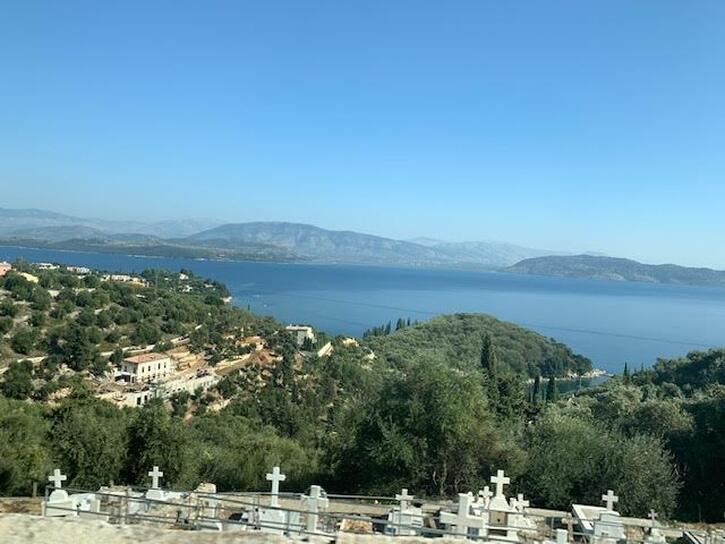
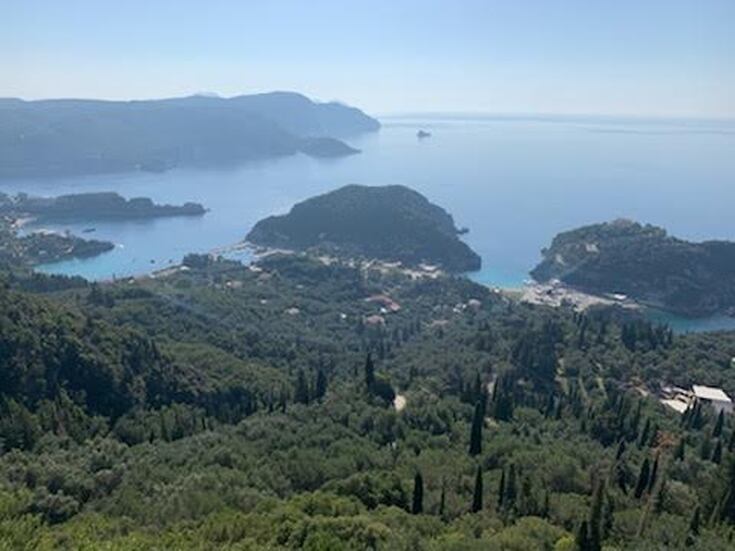
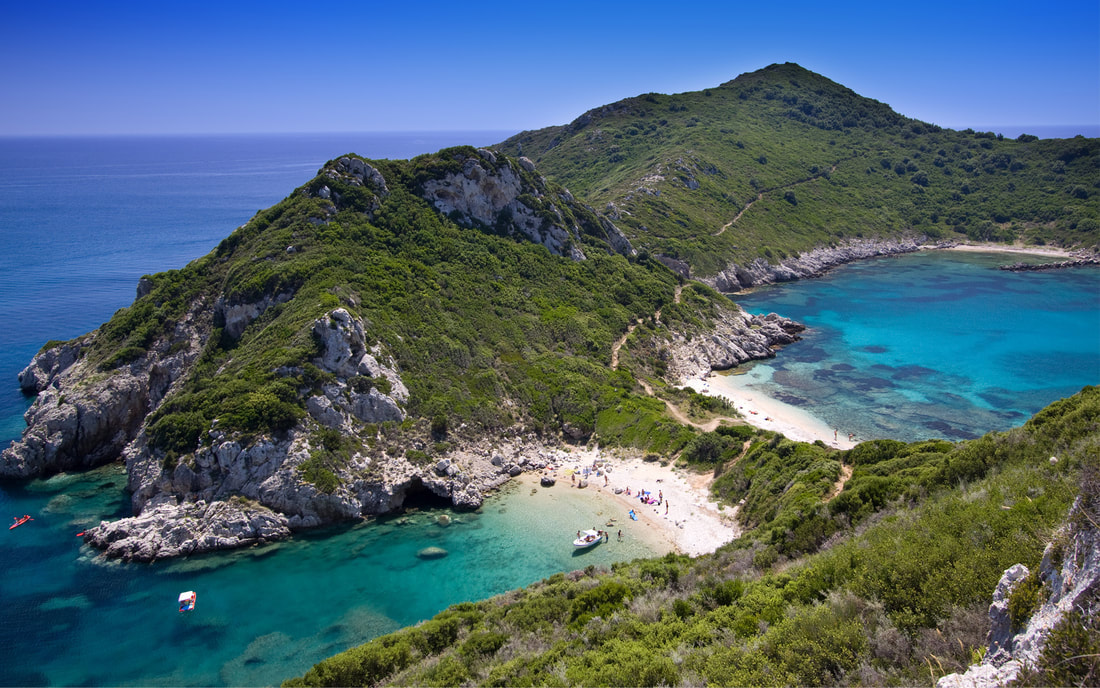




 RSS Feed
RSS Feed